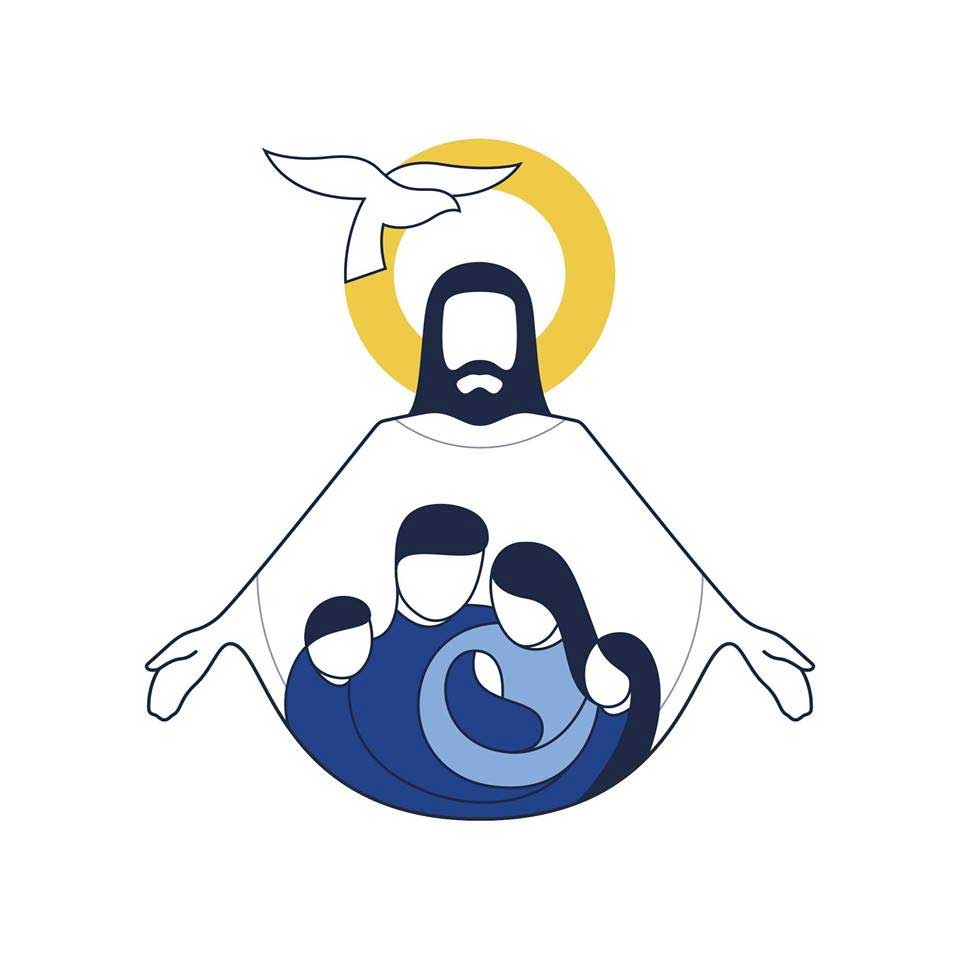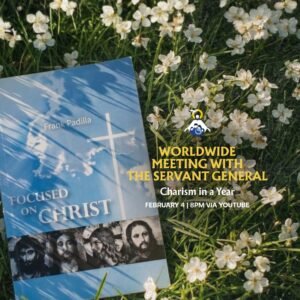FROM THE SERVANT GENERAL
SYNODOS
(Part 129)
LIFE IN CHRISTIAN COMMUNITY
April 26, 2022
Today’s reading:
Acts 4:32-37
Life in the early Church had several characteristics (all starting with the letter “S”).
- Synodality. “The community of believers was of one heart and mind” (v.32a). The term synodality describes the process of fraternal collaboration and discernment in the Church. It is the involvement and participation of the whole People of God in the life and mission of the Church.
- Stewardship. “No one claimed that any of his possessions was his own” (v.32b). Stewardship is living out the reality that everything belongs to God, and whatever we possess is to be used ultimately for His purposes.
- Solidarity. “They had everything in common.” (v.32c). Solidarity is unity in thought and action. We are individuals but with a common interest, that of Christ and his Church. As such, we support each other in a common life and mission.
- Sharing. “There was no needy person among them, for those who owned property or houses would sell them, bring the proceeds of the sale, and put them at the feet of the apostles, and they were distributed to each according to need.” (v.34-35). Since we are stewards and we are in solidarity with one another, the needs of members of the body are our concern, and we share our resources with others as needed.
The above made the early Church vibrant and strong. Unfortunately, with the Church having grown so large and with many being infected by the culture of the age, much of the above are no longer experienced today.
So-called believers today have many directions, preferences, agenda, motivations and actions that are contrary to those of the mind and heart of Christ. They have gone their own way. Many are lapsed in faith. Many act in ways contradictory to God. Many fail to participate in the life and mission of the Church.
Many Christians today do not even know of stewardship. What they own is theirs, to be used according to their personal desires and purposes. God is out of the picture. They are not mindful of God’s purposes.
Many live individual lives, aside from their own families and immediate circles. But they do not hold the common interest of the whole Church in mind. They do not look to the common good. They are not their brothers’ keepers.
Many use their resources for themselves and do not look to the needs of others. They are aware of great poverty throughout the world, as well as in their own localized spheres, but are not moved to help alleviate such by sharing their resources. And so many remain in great need.
Further, in the early Church, “with great power the apostles bore witness to the resurrection of the Lord Jesus, and great favor was accorded them all.” (v.33). The apostles were the hierarchs who held everything together. They witnessed to Christ in their own lives and with their actions in the power of the Holy Spirit.
Today there is much to be desired in the lives and actions of many bishops, the successors to the apostles. There are bishops who are corrupt, who are homo predators, who live luxuriously, who are dictatorial, who are not responsive to the needs of the flock, who have become modernist, who fail to denounce egregious public sin, who are supportive of LGBT, and so on. There are of course many good bishops, but should not they all be so? They are the pastors and shepherds. When they go astray, the flock is lost, and great favor is not accorded them.
We need to recover the spirit of the early Church. In whatever culture, in whatever size, the dominant principles are the same. We need to keep our focus on Jesus and look to the power of his resurrection.
May there be more in the Church who will be like Joseph (a.k.a Barnabas), who “sold a piece of property that he owned, then brought the money and put it at the feet of the apostles.” (v.37). He practiced synodality, stewardship, solidarity and sharing. He was truly a “son of encouragement” (v.36).








